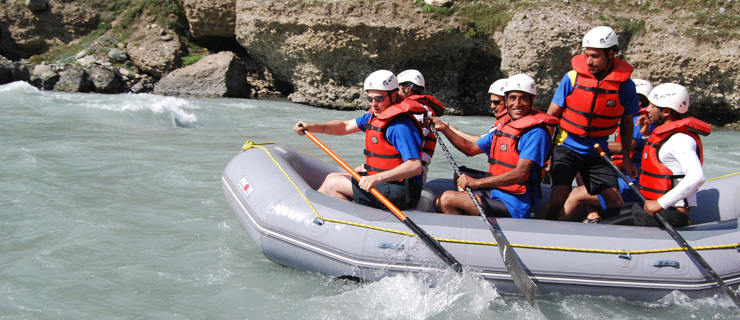20 turbulent years
Pravin Sawhney and Ghazala Wahab
Kashmir, 2009: Sheikh Ajaz strikes a bargain with his young customer: On the purchase of any book, he can pick up one on the history of Kashmir’s conflict at a 50 per cent discount. Ajaz’s sales pitch to the youngster is very persuasive. He tells him, “These books were not available in Srinagar earlier. One had to buy them at a huge price either from Delhi or abroad. Now you have a chance to read these at throwaway prices.” The young man is a serious reader and he knows a bargain when he sees one. He picks up a neat collection: The Kite-runner, God of Small Things and Rumi’s Influence on Iqbal’s Poetry in English and a collection of Faiz Ahmed Faiz’s poetry in Urdu. The history of Kashmir comes free. Ajaz tells the girl sitting at the cash counter, her head covered daintily with lace-adorned scarf, to put the book in the bag as a bonus.

Ajaz’s store, Gulshan Books, on the busy Residency Road of Srinagar, shows signs of prosperity and growth. New shelves are being added, few being built right outside the store, with several cartons full of books lying on one side waiting for their resting place. A wooden staircase that leads to the loft or the mezzanine floor above is also lined with books for want of adequate shelf space. Following the briskness of his business, Ajaz diversified into publishing and now brings out Kashmiri editions of various books on Kashmir (politics, conflict, culture, history, Sufism, Shaivism and so on) written by Kashmiri, Indian, Pakistani and even Western authors. So the bargain was basically to promote his publication? Ajaz does not blush.
“Kashmiris are very conscious and opinionated people,” he says, adding for emphasis, “perhaps more than other Indians.” It is not usual to find an ordinary Kashmiri (non-mainstream politician) to talk of being Indian. But as the conversation flows, Ajaz turns out to be anything but ordinary. “We have been doing this for the last several decades. We have another shop in Srinagar. We have also been trying to make films on Kashmir, our music and culture. This is no longer a business for me,” he says.
“We have gone through a lot as a people and our youth has suffered the most,” he says. “We have lost touch with ourselves, our history, with where we come from and what we stand for. Our youth should know and understand what being a Kashmiri is. Today, so much is being passed onto our people in the name of religion and Jihad and it is being accepted as the only truth. Most of these things and practices are alien to our culture. The youth today reads the newspapers and the calls given by the politicians. They need to read history first.”
Ajaz’s not completely a loosing battle. According to him, almost 30 per cent of his customers are local people, the remaining being the tourists. While the tourists generally pick up travelogues, Kashmiri cook-books and other such things, the locals are divided into two definitive groups: the youth and the middle-aged. Middle-aged always buy books on Kashmir and the young ones go for fiction. “But with some persuasion, they buy the books I recommend,” he says. But why are the middle-aged buying books about themselves? “To understand what has brought them here,” he says. “Remember, they have lost 20 years of their lives. Twenty years, in which they could have done so much for themselves and their families. They want to understand if it was worth it?”

